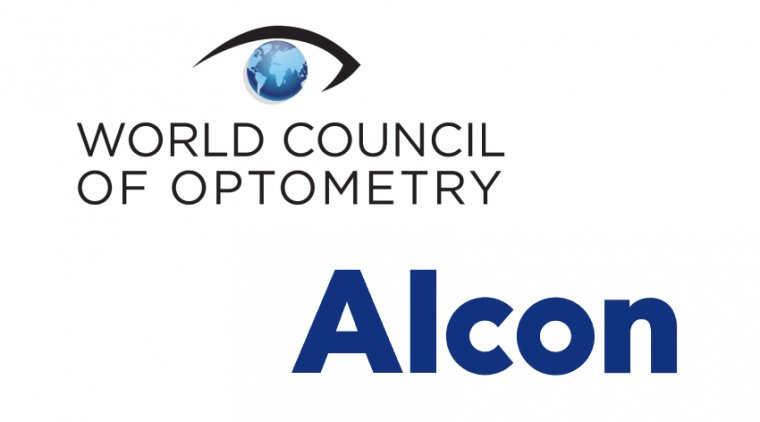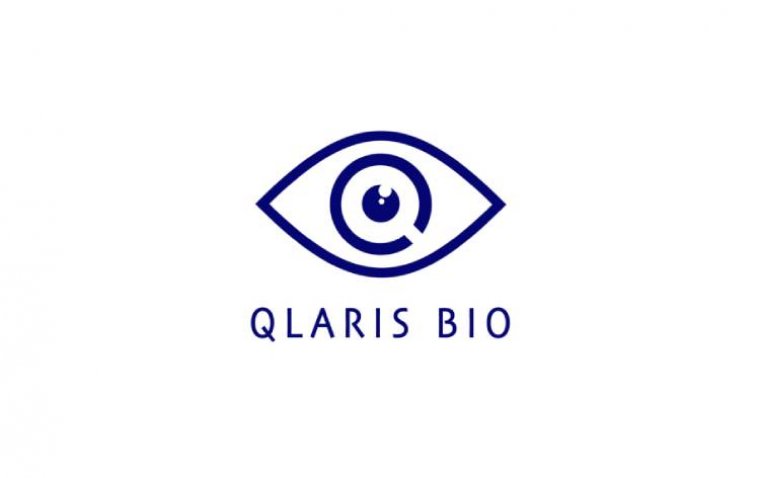
OcuTerra’s Nesvategrast Falls Short in Phase 2 Trial for Diabetic Retinopathy
OcuTerra Therapeutics announced the topline results from its phase 2 DR:EAM (Diabetic Retinopathy: Early Active Management) clinical trial, evaluating the efficacy of nesvategrast (OTT166). Nesvategrast, an innovative RGD integrin inhibitor formulated as an eye drop, was under investigation for its potential to treat diabetic retinopathy. However, the trial did not meet its primary or key secondary efficacy endpoints.
Despite the setback, nesvategrast achieved its primary safety endpoint, being recognized as safe and well-tolerated among participants. In light of these findings, OcuTerra has indicated plans to reassess its strategic directions concerning nesvategrast and will disclose further plans at a subsequent time.
Reflecting on Nesvategrast's Journey and Looking Ahead
Kerrie Brady, CEO and President of OcuTerra, stated: “We are disappointed that the topline data on nesvategrast from our phase 2 DR:EAM clinical trial did not demonstrate a statistically significant impact on severity or progression of diabetic retinopathy.” She further added, “We plan to review the full dataset from the DR:EAM study to evaluate the future of the nesvategrast program. I want to wholeheartedly thank the patients and investigators who participated in the DR:EAM trial as well as the OcuTerra team for making this study possible.”
The trial's topline data indicated that nesvategrast did not show a statistically significant improvement in the severity of diabetic retinopathy, as measured by the diabetic retinopathy severity scale (DRSS), nor did it significantly impact the disease's progression, failing to meet the primary efficacy and a key secondary endpoint.
A Silver Lining: Significant Reduction in VTEs Among Patients
Nevertheless, an interesting finding emerged from the analysis related to the development of vision-threatening events (VTEs), another key secondary endpoint. Patients with moderately severe to severe non-proliferative diabetic retinopathy at baseline (DRSS levels 47 and 53) showed a statistically significant reduction in the onset of VTEs by week 24 (P=0.045), indicating a potential area of benefit that may warrant further investigation.
What is Diabetic Retinopathy?
Diabetic retinopathy is a diabetes complication that affects the eyes and is caused by damage to the blood vessels of the light-sensitive tissue at the back of the eye (retina). Initially, diabetic retinopathy may cause no symptoms or only mild vision problems. However, it can eventually lead to blindness. The condition can develop in anyone who has type 1 or type 2 diabetes, with the risk increasing the longer a person has diabetes and the less controlled their blood sugar is.
(1).jpg)










